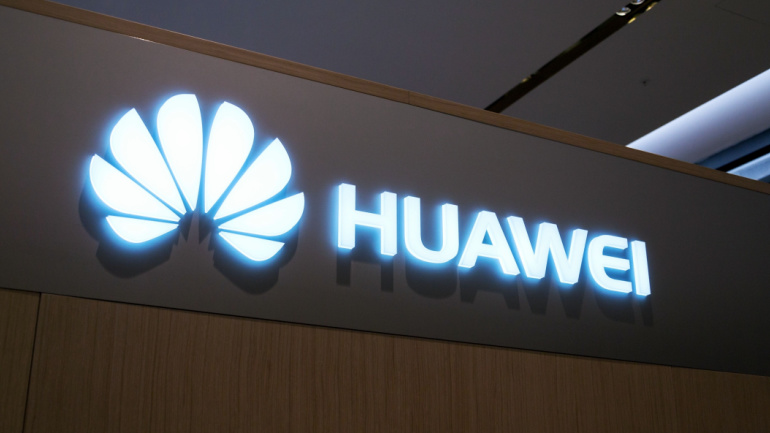Shanghai Spacecom Satellite Technology (SSST) is set to launch its first batch of satellites, challenging SpaceX’s Starlink. This launch, part of China’s G60 Starlink Plan, aims to deploy 15,000 low Earth orbit satellites by 2030, marking a significant step in China’s strategic competition with the United States.
DIDWW has launched outbound SIP trunking in China, providing local call termination services in 50 countries. This expansion boosts DIDWW’s global voice service reach, offering high-quality local routes. Businesses can enjoy seamless, efficient, and reliable two-way voice services. To activate SIP trunking, contact DIDWW sales for more details.
Chinese telecom engineers claim to have built the world’s first 6G field test network, as reported by China Daily. This experimental network demonstrates advancements in communication capacity and efficiency, leveraging existing 4G infrastructure. China aims to commercialize 6G by 2030, aspiring to set technology standards by 2025.
Chinese telecom operators have successfully deployed expansive 5G networks across all cities and towns, with 90% village coverage. Utilizing 3.84 million 5G base stations, they lead globally. This vast network supports diverse industries, enhancing connectivity. As 5G technology advances, with plans to incorporate 5G-Advanced (5G-A) and AI, the future of telecommunications looks promising.
PCCW has finalized an agreement to sell a 40% stake in its fibre business to China Merchants Group, a state-owned investor, for $870 million. The Hong Kong telecommunications company had been in talks with various potential buyers for months, but officially signed with the Chinese firm.
The United States government has launched an investigation into Chinese telecommunications companies China Mobile, China Telecom, and China Unicom amid fears that these firms might transfer US data to the Chinese government through their US cloud and wholesale routing services. According to Reuters, which cited three anonymous sources, the US Commerce Department has issued subpoenas to the three companies.
China’s telecommunication landscape is set for a potential paradigm shift as the Ministry of Industry and Information Technology (MIIT) pilots a novel scheme to alleviate foreign ownership constraints in various value-added telecom services. Primarily trialed in Beijing, Shanghai, Hainan, and Shenzhen, this bold change could stimulate innovation by aligning these industries with global trade norms.
In the ongoing geopolitical saga between the US and China, the global supply chain and the semiconductor industry are at the forefront. Both nations’ governmental bodies are ramping up subsidies to stimulate growth in domestic manufacturing and insulate against sanctions.
The 2023 Asian Games offered a glimpse into the future of event tech, from eSports to AI-driven systems. Among the innovations, a standout was ‘RADICAL’, an intelligent digital solution by Huawei and China Mobile Zhejiang, designed to manage intense 5G traffic, ensuring an exceptional experience for attendees.
China’s immense 5G market pulses with new additions, logging nearly 17 million subscribers in August as migrations to advanced telecommunications networks grow. Still, this uptake signifies a dampening speed, attributed to the top trio: China Mobile, China Unicom and China Telecom, seeing a fall in new users compared to prior months. Abstract figures of network utilization and the quality of reception, however, leave much to be unraveled. The niche player, China Broadnet, despite a recent debut, experiences stiff competition, highlighting the difficulty of penetration amidst dominant forces.













